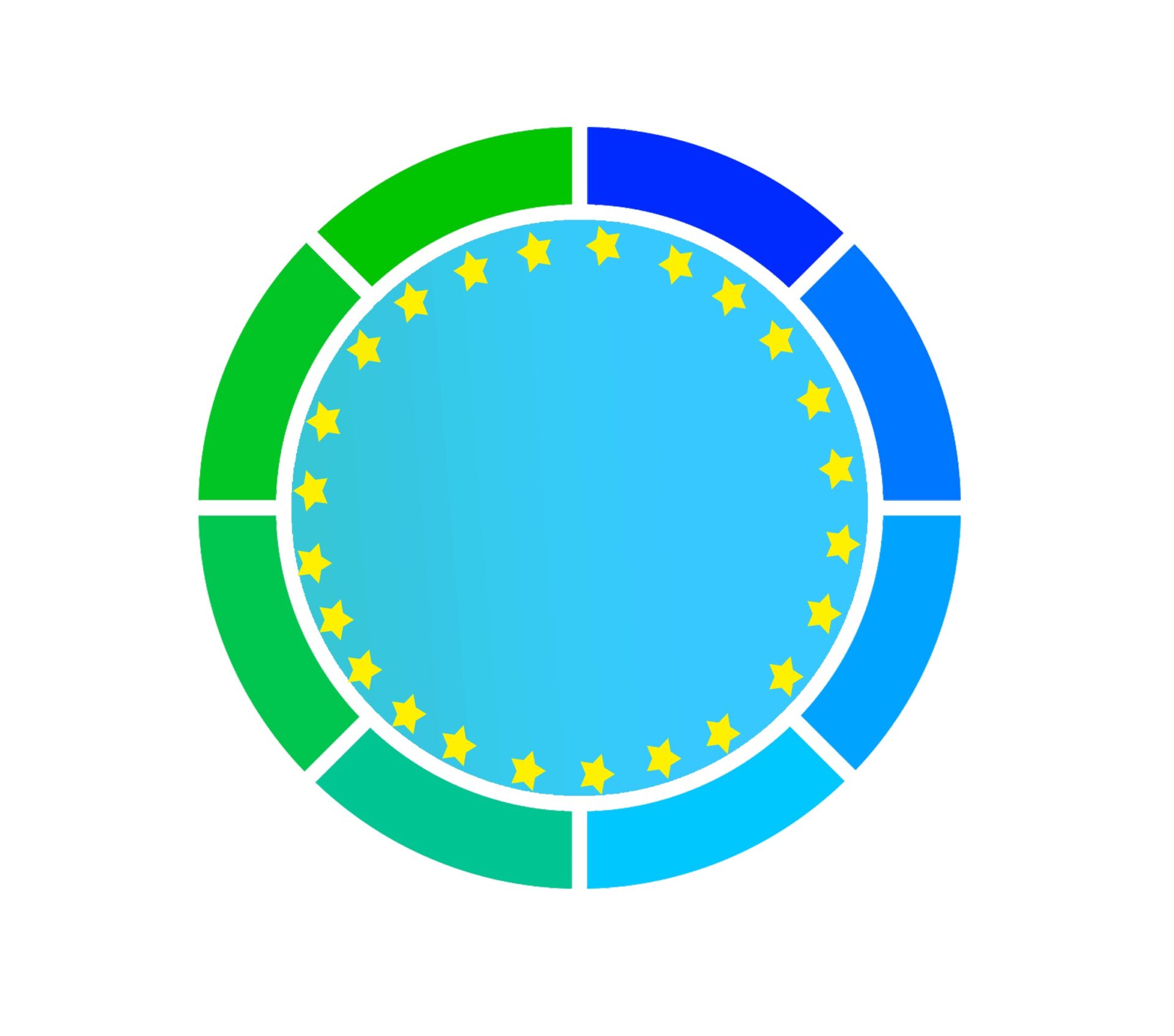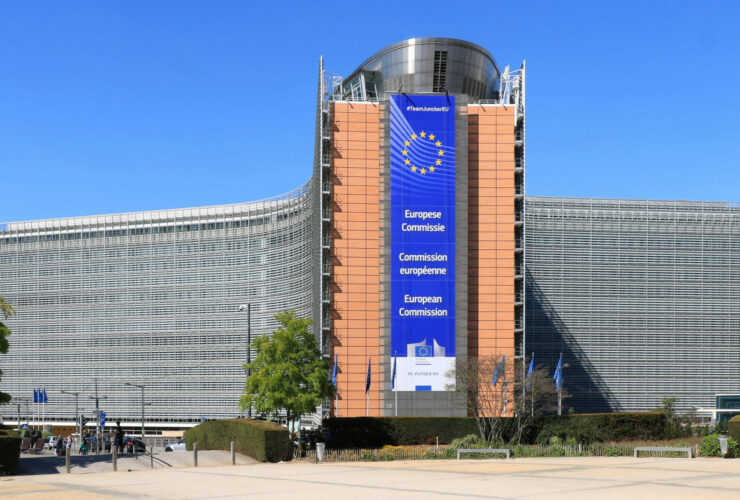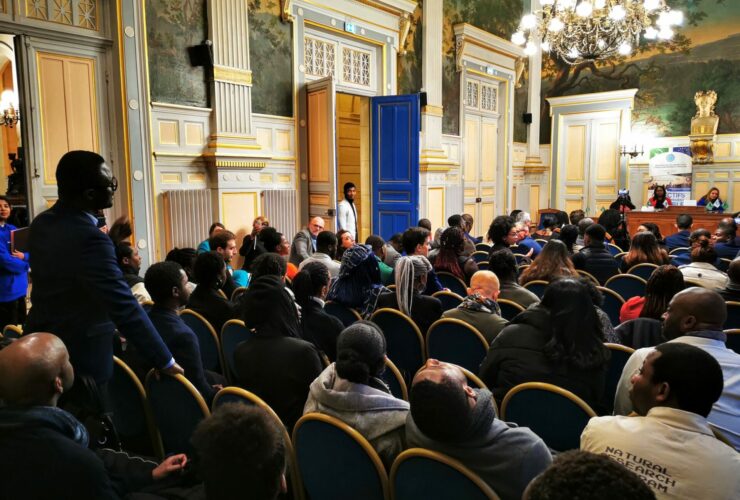Introduction
Youth in Nigeria includes citizens of the Federal Republic of Nigeria aged 18–29 years according to the new national youth policy.
The youths of any nation represent the major human capital asset which the nation can harness for economic and development purpo- ses. Young people are key actors and a driving force for global deve- lopment and peace. They are critical partners in the development of nations and their contribution to society must be measured in terms of productive pursuits of service to humanity. The Youths are Nigeria’s foremost social capital and require proper monitoring.
In Nigeria, the seventh most populous country in the world, the total population is currently estimated at 195 million. This is further projec- ted to reach 236 million by 2030 and 410 million by 2050 to become the third most populous country in the world. Yet, Nigeria has a median age of 18.4 years of age. This represents nearly 70% of its population under 30 years.
Unfortunately, this demographic statistics does not translate into a de- velopment variable because Nigeria’s development policy does not de- liberately and successfully factor the youths into its economic policies yet. Presently, Nigerian youths are severely hampered by a number of challenges and are unable to attain their full potential.
Hence this report reveals considerable insights into the inclusion of youth in the political, social and economic growth and development of Nigeria. In this report, users will find statistical information related to youth participation in politics, economic development, and peace and conflict prevention. It is expected that subsequent surveys and reports will build on these aspects in order to adequately understand changes and developments over time.
Download the Report >





